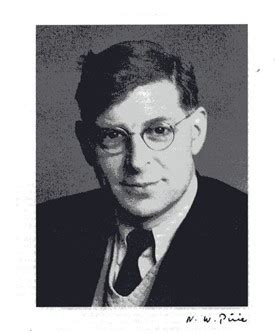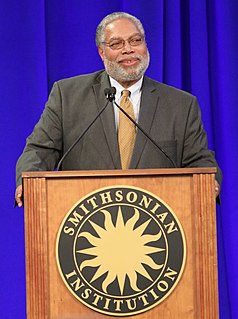A Quote by Harry Belafonte
My formative years, until I was 12, was all shaped by Jamaican culture, by that economy, by the people in my family, who are agriculturalists, who were plantation workers, who harvested those crops and took them down to the boats run by the United Food Company, to load those ships at night, hence all the songs that I sing that come from that environment.
Related Quotes
In the old days of America when communities were separated by hundreds of miles, why were they able to thrive? Because if it was harvest time and the farmer was up in the tree picking apples and fell down and broke his leg, everybody pitched in and harvested his crops for him. If somebody got killed by a bear, everybody took care of their family.
People who work for me are working for what I believe in. The leaders who run our companies do so on the basis of those who came first and who said, "A company is its people." I hope my companies are run on the basis of praising their workers and looking for the best in them, not criticizing them. In the same way that you water a plant and it sprouts leaves, people flourish when you praise them.
Food historian Jessica B. Harris says African American cuisine is simply what black people ate. When I think about what my family ate, we ate what people think of as soul food on special occasions, on holidays, but our typical diet was leafy greens and nutrients and tubers - food that was as fresh as being harvested right before our meal. Whatever was in season, that's what we were eating. It was being harvested right from our backyard.
Never invite to dinner: those who won't decide until the last minute; those who come more than half an hour late; those who want to bring along two or three friends; drunks; monologists; those who stay until three o'clock in the morning; those who think that conversation means having an argument; those who take a high moral tone; those who are stupid, ugly, or dull. Enforcement of these rules will enable one to eat alone every night in comfort.
But there were years when, in search of what I thought was better, nobler things I denied these, my people, and my family. I forgot the songs they sung - and most of those songs are now dead; I erased their dialect from my tongue; I was ashamed of them and their ways of life. But now - yes, I love them; they are a part of my blood; they, with all their virtues and their faults, played a great part in forming my way of looking at life.
For those [observations] that I made in Leipzig in my youth and up to my 21st year, I usually call childish and of doubtful value. Those that I took later until my 28th year [i.e., until 1574] I call juvenile and fairly serviceable. The third group, however, which I made at Uraniborg during approximately the last 21 years with the greatest care and with very accurate instruments at a more mature age, until I was fifty years of age, those I call the observations of my manhood, completely valid and absolutely certain, and this is my opinion of them.



































